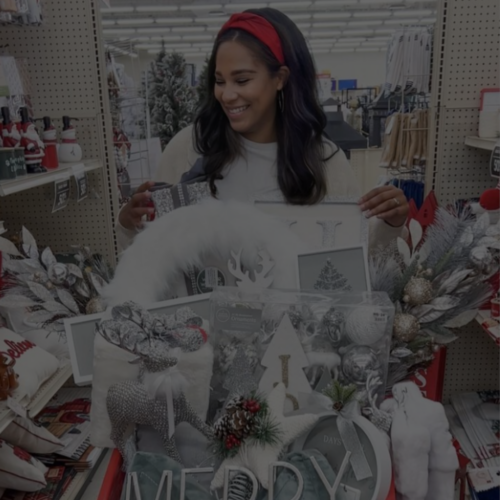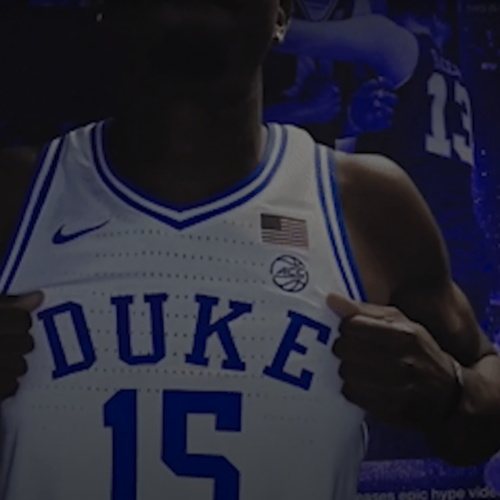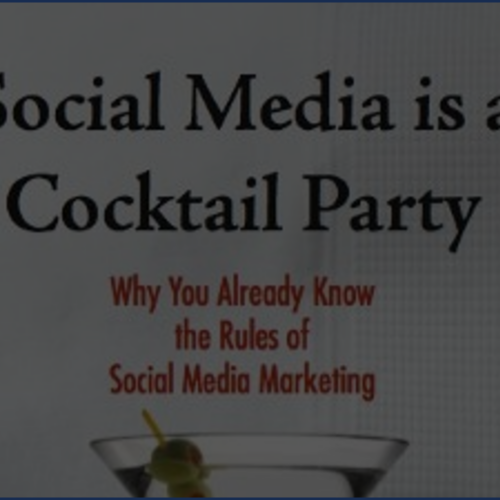12 Jun What Brands Need to Know About Facebook Hashtags
Brace yourselves. Facebook hashtags are coming.
Today, Facebook begins rolling out hashtags on its News Feed, and just like hashtags on Twitter, Vine and Instagram, Facebook’s hashtags will be functional. Clicking the hashtag will pop out a feed that shows others’ posts that have included the same hashtag. All hashtags on Facebook, even when uploaded to the page via another platform (like Twitter or Instagram), will function as clickable and searchable hashtags. Facebook expects all users to have this capability in the next few weeks.

Facebook Hashtag Brand Opportunities
Real-time conversation tracking
Facebook users will be able to search for a specific hashtag from the search bar and compose posts directly from the hashtag feed. Hashtag feeds may operate as chat threads and continue to further conversations more. The process is quick and easy to follow, making it easy for real-time conversations to move quickly.
Look for monitoring tools to start integrating this into their platforms. You’ll now be able to monitor conversations surrounding your brand in real-time, which adds another layer of metrics and numbers to gauge success.
We spoke with Erica McClenny, Expion’s senior vice president of client services. She said the social media marketing platform will likely incorporate a hashtag-monitoring function into their Facebook platform.
“Expion is always looking for new measurement sources, so it’s on our radar,” she said. “As many options as Facebook will allow in the API, we’re willing to entertain and implement. Stay tuned!”
Conversations about a new campaign will be easy to monitor on Facebook, which is convenient for brands that aren’t on Twitter. Keep in mind that only public hashtags will appear in the search, so it’s likely that brands will still miss the majority of conversations happening on Facebook because of privacy restrictions and settings.
User-generated content
Hashtags were created in 2007 by Chris Messina, as a way to monitor interests on Twitter. Internationally, the hashtag went mainstream on Twitter during the 2009–2010 Iranian election protests, as both English and Persian-language hashtags became useful for Twitter users following the events. The purpose of hashtags is to follow a conversation, yet we often see users who take hashtags to the #extreme by tagging words that don’t necessarily help guide a conversation.
Hashtags on Facebook will be useful for user-generated content. A girl posts a picture of her killer high heels and hashtags #Louboutin? Depending on your legal guidelines that could be a photo your page could use. This will definitely help the brands generate more images for their pages. And we know how much Facebook loves its images.
Listening
Brands will have the ability to listen to conversations about their products, positive or negative, simply by following the hashtag feed as opposed to Wall monitoring. Brands should evaluate their legal guidelines toward clickable hashtags, and if and how they’ll respond to complaints that aren’t directly posted on their wall.
This could also provide opportunity for social media management platforms to step in and develop monitoring tools for hashtag feeds.
Privacy
Facebook will maintain their privacy settings regarding hashtags, and won’t allow users to show up in click-throughs of the hashtag if their settings are set to be shared only with friends (similar to that of a “share”).
Facebook Hashtag Brand Challenges
Feeds not yet on mobile
Mobile will still have to live in a hashtag-free world as mobile apps don’t yet support the hashtag feeds. Mobile users will still be able to place a hashtag phrase in their posts from mobile but won’t be able to click-through for the hashtag feed.
One more stream to monitor
This will be one more communication stream for a Facebook marketer to keep an eye on. Time management is key to evaluating how important hashtag feeds are for the Community Manager to monitor.
Facebook looking to make money
Hashtags on Facebook could mean another thing to Facebook – ad dollars. Facebook says they aren’t yet offering hashtag targeting for Facebook advertising, but we predict that it’s certainly on their radar. Advertisers can still use hashtags in their ads, but only the ad hashtags appearing on a desktop News Feed will be functional.
Content from brands
You know that girl who posts dozens of hashtags on Instagram? Expect to see that on Facebook. However, your brand shouldn’t function this way. Hashtags should be applied on Facebook where applicable and without becoming overbearing. Buddy Media’s “Strategies for Effective Tweeting: A Statistical Review” shows two hashtags are optimal for that platform. We look forward to seeing what will be ideal for Facebook.
Brands may also see opportunity insert themselves into trending conversations that aren’t surrounding their brand, but don’t try to hijack an unrelated conversation.
“The hashtag will influence how a brand jumps into ‘hot’ conversations, but it also becomes a way to maximize SEO on Facebook,” McClenny said. “If there’s a new product launch, a brand could use the word #cookie to insert themselves into people searching for cookies.“
Potential Opportunities Down The Road
We asked McClenny if she thought brands would be able to identify influencers via Facebook hashtags. She said she’s “unsure” so far, but we’ll keep our eyes peeled for developing features on the platform.
Facebook does reiterate that “Creative best practices on Facebook still apply—compelling copy and photography that is in the brand voice tend to garner better response and engagement rates.”
For brands that spend enough to receive CAT data, we expect hashtag conversations to be an added analysis for pages.
How will your brand be using Facebook hashtags?







